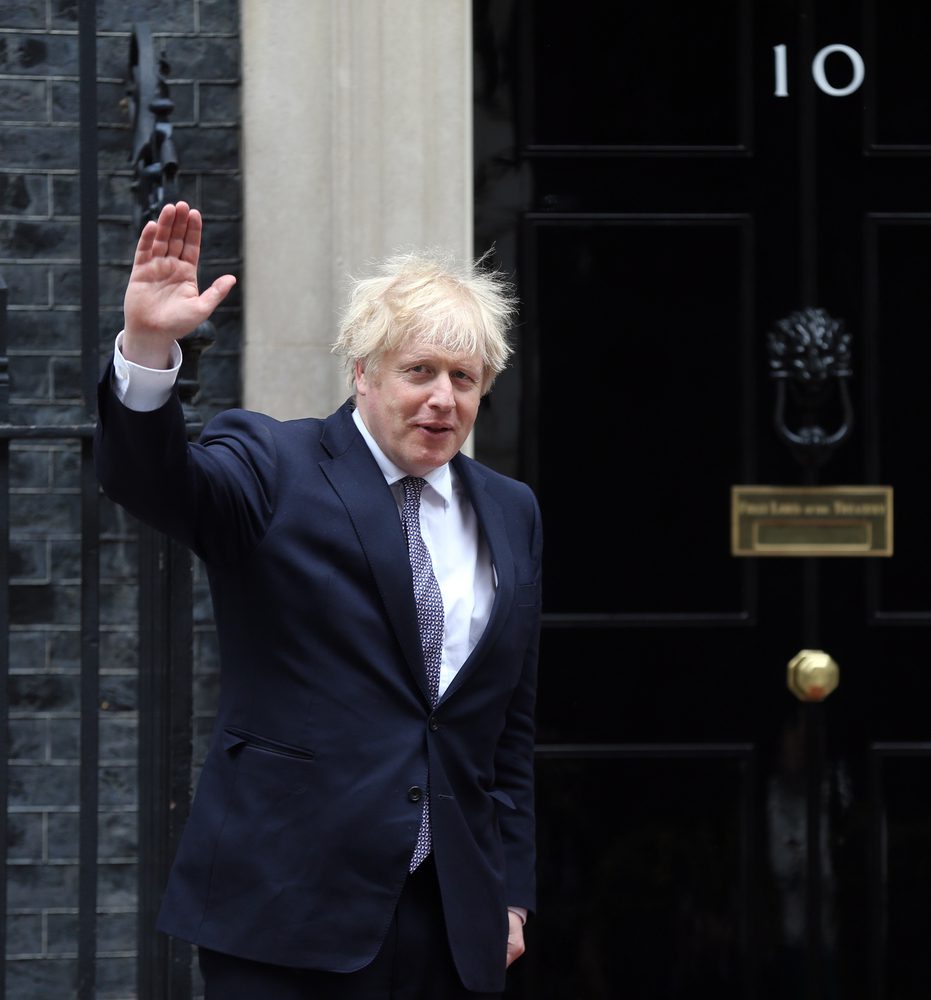
Earlier this afternoon, July 7th, Boris Johnson quit as prime minister of the United Kingdom. The resignation came after a raucous few months full of scandal, dishonesty, and backbench rebellion.
First, there was Partygate. This prompted a Tory confidence vote in which Johnson only narrowly triumphed. Then, as the prime minister tried to rewin favour among his MPs, we learned about the sexual misconduct of Chris Pincher, a Conservative MP, at the private Carlton Club on the evening of June 29th. The disgraced backbencher is alleged to have drunkenly groped several men at the event. This came to implicate Boris Johnson himself, since the prime minister had personally promoted Pincher to Deputy Chief Whip back in February despite knowledge of the MP’s record of impropriety.
Johnson’s downfall was effectively sealed when Rishi Sunak and Sajid Javid resigned in disgrace. Both men were outraged by the way in which the prime minister had not been perfectly truthful about his awareness of formal complaints against Pincher dating back to 2019. Sunak and Javid were followed out of the door by several other ministers who also decided to quit. In fact, as many as 50 members of the government have resigned since Tuesday.
Johnson’s position as prime minister had become untenable. He had lost the support of his remaining ministerial colleagues—many of whom, it was reported, privately urged him to resign yesterday. He had lost the support of his own backbench MPs. But most crucially, according to polls, he had lost the support of ordinary members of the public who voted for him in 2019. The rules of the 1922 Committee—the parliamentary body that represents backbench Conservative MPs—could have been adjusted to make way for a second Tory confidence vote. But really, the result would have been a foregone conclusion: resounding defeat for Boris Johnson. As such, he plainly calculated that it would be more dignified to resign than carry on an unwinnable fight.
In his resignation address, Johnson accepted that it was “the will of the parliamentary Conservative party” for a new leader to take the reins of office. He touted his own achievements as prime minister, from getting Brexit done to delivering the fastest vaccine rollout in Europe. Finally, he admitted that giving up “the best job in the world” was very painful.
There were also moments of bitterness. Johnson thanked the British public at large, but conspicuously refrained from expressing any gratitude to his colleagues within the Conservative Party. He further described it as “eccentric” for his former Tory allies to abandon him at this time of crisis.
Johnson will continue in office until a new Prime minister is selected, most probably this coming autumn. The process of deciding a new Conservative Party leader goes through two stages. First, Tory MPs vote on the aspiring candidates, many of whom will doubtless be scrambling to organise their leadership campaigns at this very moment. The ambitious politicians in question are thought to include Penny Mordaunt, Sajid Javid, Jeremy Hunt, Nadhim Zahawi, Rishi Sunak, Liz Truss, Tom Tugendhat, and Ben Wallace. The current Attorney General Suella Braverman has already shared her plans to run. Many more such announcements will be made—some of them surprising, others expected—in the next few days. Then, once Tory MPs have cast their ballots and whittled down the list of aspiring candidates to two, the question will be put to ordinary members of the Conservative Party up and down the country.
The idea is to find a leader who can command the respect of the parliamentary party while also igniting enthusiasm among the Tory grassroots. Last time around, the Conservative leadership contest went to a two-horse race between Boris Johnson and Jeremy Hunt.
